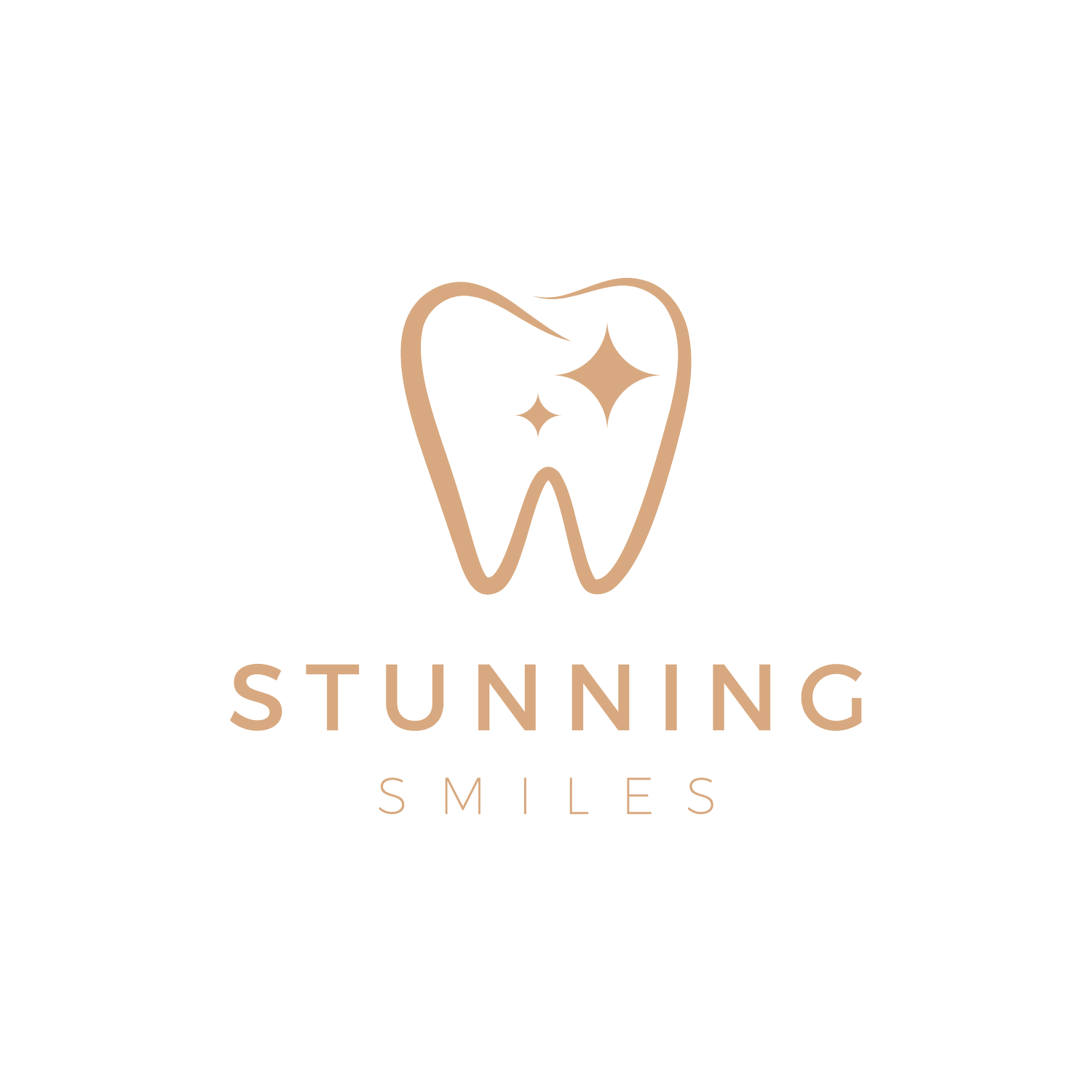Pregnancy and Oral Health: A Comprehensive Guide for Expecting Mothers
Pregnancy is a joyous and transformative time in a woman's life, as she prepares to bring new life into the world. During this period, it's crucial for expectant mothers to prioritize their overall health, and oral health is no exception. Maintaining good oral hygiene and seeking regular dental care is not only important for the mother's well-being but also for the health of the developing baby. In this blog, we will explore the relationship between pregnancy and oral health, common dental concerns during pregnancy, and essential tips for maintaining optimal oral hygiene.
Hormonal Changes and Oral Health: Pregnancy leads to a surge in hormone levels, particularly estrogen and progesterone, which can have a significant impact on oral health. These hormonal changes may cause an increased blood flow to the gums, leading to swollen, sensitive, and bleeding gums. This condition, known as pregnancy gingivitis, affects a significant number of pregnant women. Maintaining proper oral hygiene becomes crucial during this period to prevent gum disease and other related complications.
Pregnancy Gingivitis and Periodontal Disease: Pregnancy gingivitis, if left untreated, can progress to periodontal disease, a severe infection of the gums and supporting structures of the teeth. Research suggests that untreated periodontal disease during pregnancy may contribute to complications such as preterm birth, low birth weight, and preeclampsia. Therefore, it is vital to address any signs of gum disease promptly. Regular dental check-ups are essential to monitor oral health and address any issues before they escalate.
Morning Sickness and Dental Erosion: Morning sickness is a common occurrence during the first trimester of pregnancy. The repeated exposure of the teeth to stomach acid can lead to dental erosion. To minimize the impact of morning sickness on oral health, pregnant women are advised to rinse their mouths with water or a fluoride mouthwash after vomiting, rather than brushing immediately. This helps to remove the acid residue without causing further damage to the softened tooth enamel.
Nutritional Considerations: A healthy diet plays a crucial role in both the mother's and baby's well-being during pregnancy. Adequate intake of essential vitamins and minerals, particularly calcium and vitamin D, is essential for the development of the baby's teeth and bones. Consult with your healthcare provider to ensure you are getting the necessary nutrients through a balanced diet or, if needed, through supplements.
Dental Procedures and Medications: It's essential to inform your dentist about your pregnancy, as some dental treatments and medications are best avoided or modified during this time. Routine dental cleanings and examinations are generally safe and important for maintaining oral health. However, elective procedures such as teeth whitening or non-urgent cosmetic treatments should be postponed until after delivery. Additionally, it is essential to consult your obstetrician and dentist to ensure the safety of any medications or local anesthetics used during dental procedures.
Oral Hygiene Tips for Pregnant Women: To maintain good oral health during pregnancy, consider the following tips:
Brush your teeth at least twice a day using a soft-bristled toothbrush and fluoride toothpaste.
Floss daily to remove plaque and food particles from between the teeth.
Rinse with an antimicrobial mouthwash recommended by your dentist.
Maintain a healthy diet, rich in fruits, vegetables, whole grains, and dairy products.
Limit sugary snacks and beverages to reduce the risk of tooth decay.
Stay hydrated to promote saliva flow, which helps neutralize acid and wash away bacteria.
Avoid smoking and alcohol consumption, as they pose risks to both oral and overall health.

